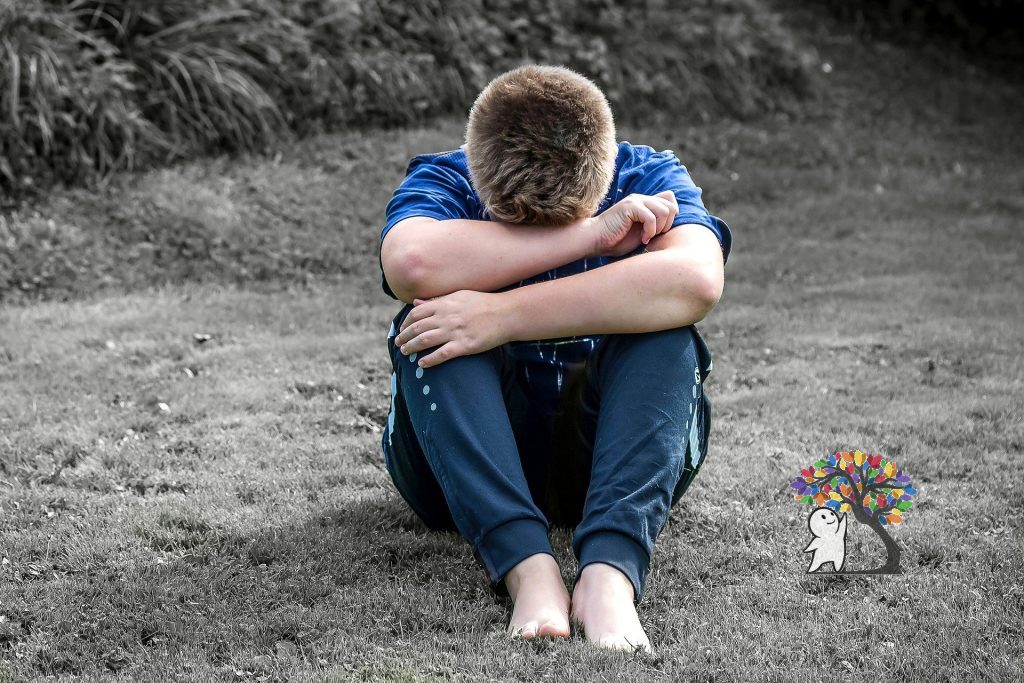5 Types of Toxic Parents

5 Types of Toxic Parents
Have you ever wondered what kind of parenting you grew up under? Or what defines as a toxic parent? Well if we’re getting into specifics, it can depend on what kind of toxicity they are portraying. Generally speaking, a toxic parent is one whose parenting methods have been affected by their own negative behaviours, that in turn go on to negatively affect their children. In this article, I will be going through some of the types of toxicity that parents may portray to their children.
1. The Controlling Parent
Do your parents dictate your feelings, decisions or actions? Do they control what you do or what career path to take that goes against what you want? If that’s the case, you might have controlling parents. Controlling becomes toxic when the parent becomes manipulative and begin controlling their child’s decisions, feelings and actions to a point where the child starts to feel helpless with no freedom.
According to Schiffrin et al. (2013), although parental involvement in a child’s life can lead to positive outcomes, developmentally inappropriate involvement can lead to higher levels of anxiety and depression in children.
2. The Parent of Unrealistic Expectations
Unrealistic expectations from parents can sometimes be rather pressurising for a child growing up. The most common theme for this would be in terms of academics. Many parents want the best for their children and hope that they excel academically. However, these expectations can become toxic as well. Have you felt that fear of failing to meet their expectations and that fear of disappointing them?
Similarly, children may start to feel stress in fears of being unable to meet those expectations. Feeling unable to meet expectations may also lead to the development of feelings of inadequacy which can lead to low self-esteem (Shetty, 2020).
3. The Parent of Verbal Abuse
Now there is a difference between scolding and verbal abuse. Scolding is usually appropriately administered towards a misbehaving child through the use of constructive remarks while verbal abuse can usually be inappropriate.
Scolding can be like “why haven’t you studied for your coming test tomorrow? You should know better.” while verbal abuse may possibly sound like “are you stupid? Why aren’t you studying for your test? I did not raise you to be lazy and useless.” Are you able to notice the difference between the two?
To further explain, scolding can be a tool used to discipline but can also be constructive parenting. On the other hand, verbal abuse is more of a destructive form of communication. However, some parents may mix the two up by using verbal abuse thinking that it is constructive parenting.
Additionally, Ney (1987) states that verbal abuse may have a larger impact in the long run due to the greater difficulty in defending against it. Additionally, children may internalise abusive remarks which can lead to self-deprecation.
4. The Invasive Parent
Privacy is usually important to most people. For some children growing up, privacy can help them to discover themselves better. Do you parents know little about having boundaries? If you feel suffocated around your parents, it could be that you have an invasive parent which can be toxic because they know no boundaries.
Do you also find yourself having to lie and hide certain details from them? That’s because the constant invasion of a child’s privacy can also lead to discomfort and possibly a distant relationship between parent and child due to the lack of space.
Some examples include checking your messages without your consent, looking through your things or reading your diary. These actions are invasions of privacy which results in children resorting to lying and hiding due to the excessive parental interference in their lives.
5. The Neglectful Parent
The rather opposite of having an invasive parent is the neglectful parent. Do your parents barely know about your everyday life or rarely check on your progress in school? They might be neglectful towards you if they rarely seem to be a part of your life. But what are the effects?
According to Spratt et al. (2012), neglect is a form of child maltreatment that can lead to negative social, behavioural, and cognitive impacts on a child. Appropriate levels of parental involvement are required for positive outcomes of child development (Schiffrin et al., 2013). Having a neglectful parent can also result in a distant relationship as the child may feel as if the parent was rarely part of their lives.
Additionally, there could be more severe reasons as to why they are being neglectful. The major ones include parents who are substance or alcohol abusers. Like instead of getting supplies for their child, they are spending money on drugs or alcohol. These are severe because of the possible addiction that the parent is suffering from. It makes them unable to be in a proper and healthy state to raise a child.

Summary
What are your thoughts on these types of toxic parents? Do you relate to any of the parenting types in this article? If you do, how are you coping with your parents? It is important to know that you are not alone. On another important note, toxic parenting is a matter that can be resolved. Although it may take time, the first step is to identify and acknowledge it. With healthy communication and mindfulness, it is possible to prevent toxic parenting.
References
Schiffrin, H., Liss, M., Miles-McLean, H., Geary, K., Erchull, M., & Tashner, T. (2013). Helping or Hovering? The Effects of Helicopter Parenting on College Students’ Well-Being. Journal of Child and Family Studies, 23(3), 548-557.
Shetty. (2020). When parental expectations do more harm than good | health e-news. health e-news. Retrieved 17 March 2020, from https://www.ahchealthenews.com/2016/07/11/parental-expectations-harm-good/.
Ney, P. (1987). Does Verbal Abuse Leave Deeper Scars: A Study of Children and Parents*. The Canadian Journal of Psychiatry, 32(5), 371-378.
Spratt, E., Friedenberg, S., LaRosa, A., Bellis, M., Macias, M., & Summer, A. et al. (2012). The Effects of Early Neglect on Cognitive, Language, and Behavioral Functioning in Childhood. Psychology, 03(02), 175-182.


Responses